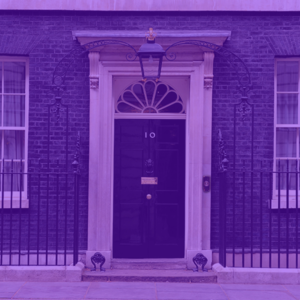Who Are The AQA?
AQA, an independent education charity, is a prominent organisation in the UK responsible for setting and grading a significant portion of A-level and GCSE courses each year.
In addition to AQA A-level and GCSE courses, they offer various qualifications, including AS-levels, Tech-levels (now known as T-Levels), and Technical Awards. These qualifications are highly esteemed by employers and universities worldwide.
AQA’s qualifications play a vital role in supporting learning providers such as ourselves, enabling students to pursue their aspirations and achieve their full potential. This support extends to adult A-Level and GCSE courses as well.
The organisation also finances cutting-edge research initiatives in education. Ofqual, the government body responsible for regulating awarding bodies, ensures that AQA operates within approved guidelines.













